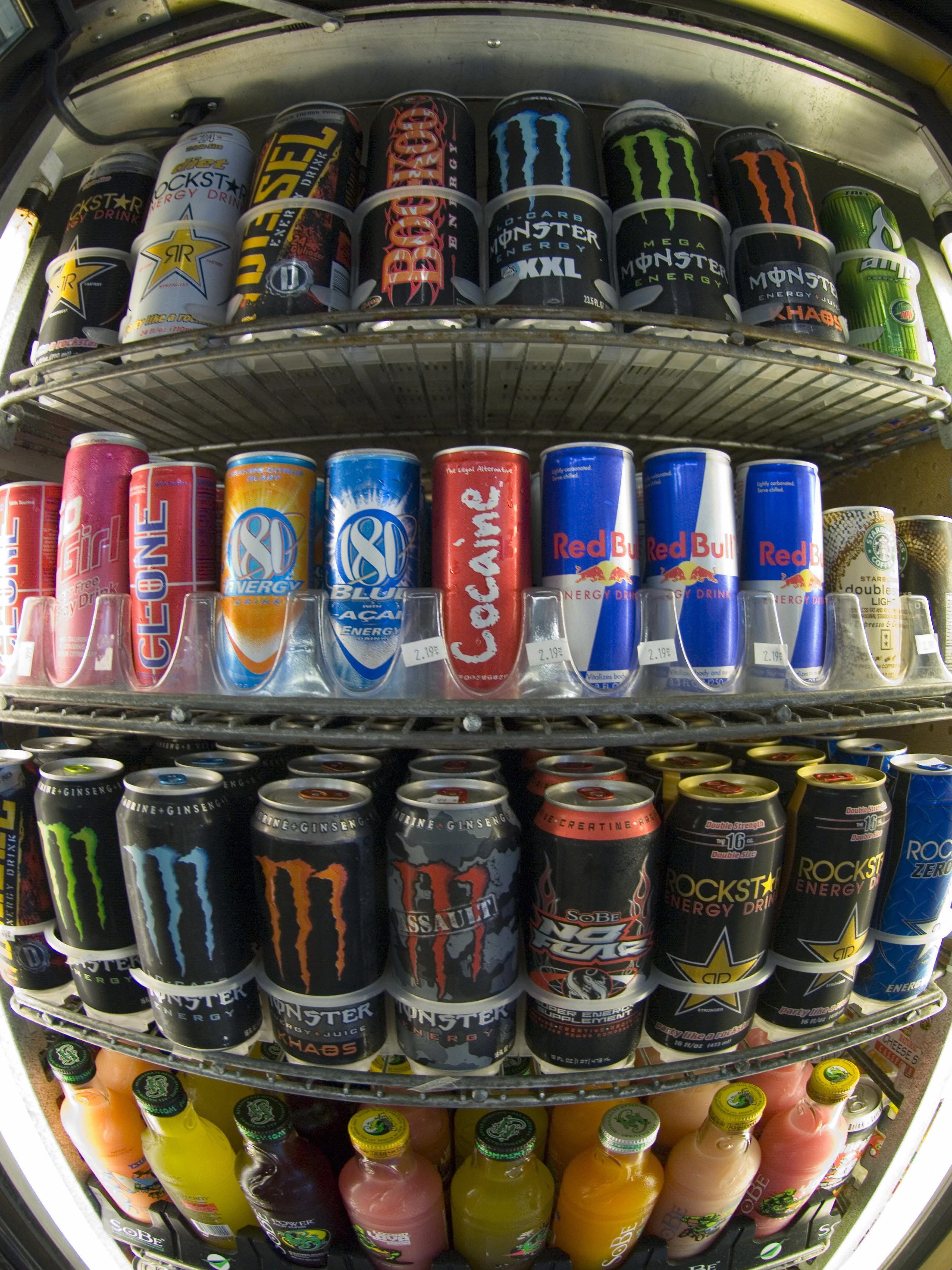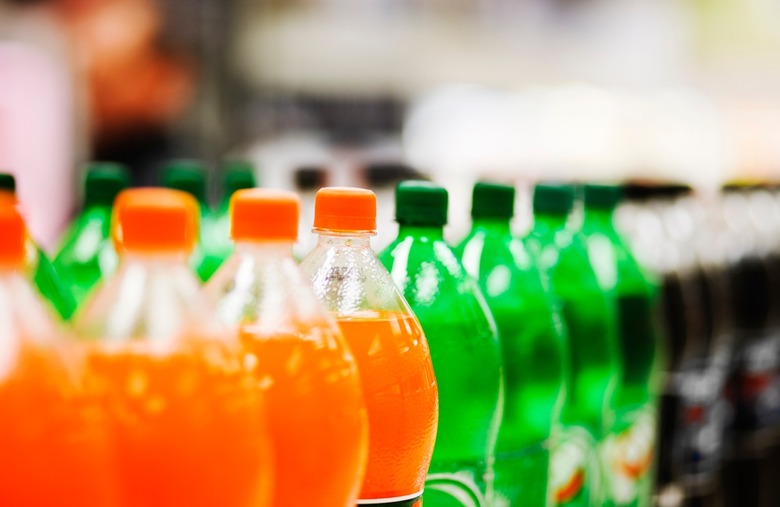Soda & Your Child's Growth: What You Need To Know
Could that seemingly harmless can of soda be secretly sabotaging your child's future? The truth is, while it might not physically stunt their growth, the long-term consequences of excessive soda consumption can be far more detrimental than you realize.
The allure of a fizzy, sugary drink is undeniable, especially for children. The bright colors, enticing flavors, and the social aspect of sharing a soda with friends make it a popular choice. However, the sugary beverages your child consumes with such enthusiasm can seriously impact their health and cause a cascade of potential health issues that go far beyond a simple sugar rush.
While the immediate impact on height may not be directly observable, it is crucial to understand the hidden dangers lurking within those seemingly innocuous cans and bottles. The impact of these drinks extends beyond just the physical, touching upon nutritional deficiencies and potentially affecting long-term development. Let's delve deeper into the specifics, exploring the ways soda can negatively affect a child's health.
Here's a look at the ways soda impacts the growth and overall well-being of children, presented in an easy-to-understand format:
| Aspect | Impact |
|---|---|
| Nutritional Deficiencies | Sodas are high in "empty calories," providing no essential nutrients. Consuming them regularly can lead to poor nutrition because it crowds out the consumption of nutrient-rich foods essential for growth and development. |
| Weight Gain | The high sugar content in sodas contributes significantly to weight gain. Excess calories, especially from sugar, are stored as fat, which can increase the risk of obesity and related health problems. |
| Tooth Decay | The high sugar and acidity in sodas are major contributors to tooth decay. The bacteria in the mouth feed on the sugar, producing acids that erode tooth enamel, leading to cavities. |
| Bone Health | Some sodas contain phosphoric acid, which can interfere with calcium absorption, a vital mineral for bone development. Studies indicate that excessive phosphorus intake may lead to lower bone density. |
| Interference with Hormone Production | Drinks high in sugar and caffeine can potentially interfere with growth hormone production. |
| Type 2 Diabetes Risk | Regular consumption of sugary drinks is strongly linked to an increased risk of type 2 diabetes. The constant influx of sugar can lead to insulin resistance, making it harder for the body to regulate blood sugar levels. |
| Cardiovascular Issues | Excessive sugar intake from sodas can contribute to increased cholesterol levels and blood pressure, raising the risk of heart disease and stroke later in life. |
| Impact on Sleep | The caffeine content in some sodas can disrupt sleep patterns. Poor sleep can have wide-ranging effects, including affecting growth hormone production. |
It's important to note that there is no scientific evidence to support the claim that drinking soda can directly stunt your growth. Your ultimate height is determined by a variety of factors, primarily genetics. However, excessive soda consumption can indirectly affect growth by impacting overall health and well-being, leading to poor nutritional choices. This is where the true concern lies.
Think about the empty calories. These beverages offer virtually no nutritional value. They contribute to the daily calorie intake without providing essential vitamins, minerals, or other nutrients necessary for healthy growth and development. When children fill up on soda, they often consume fewer nutrient-rich foods, leading to potential deficiencies.
Many sodas are loaded with added sugars, which can contribute to weight gain and increase the risk of various health problems. Excessive sugar intake can lead to insulin resistance, making it harder for the body to regulate blood sugar levels. Over time, this can increase the risk of type 2 diabetes, which can impact a child's overall health and development.
It is well known that carbonated drinks contain phosphorous, which is a useful mineral for development, but when consumed in large amounts can affect calcium levels. Studies have found that kids who consume more phosphorous have lower bone density. This can affect bone development and long-term bone health.
The effects of soda are not limited to the physical. These can also have psychosocial impacts on kids. The added sugar can provide a temporary boost in energy, followed by a crash, leaving children feeling irritable and unable to concentrate. This can affect their performance at school and their overall mood.
Many parents are unaware of just how much sugar is hidden in a single can of soda. The added sugar in a 12 oz can of soda varies by brand but has up to 11.5 teaspoons of added sugars. The added sugar in energy drinks also varies significantly, but a 12 oz can have up to 13.75 teaspoons. These high amounts of sugar can contribute to a range of health issues.
It's worth noting that even diet sodas aren't a perfect solution. Although they may be sugar-free, they often contain artificial sweeteners, which may have other long-term health implications. Also, the body can crave sugar more as it was expecting sugar.
Alcohol consumption, especially during growth periods, is another factor that parents need to consider, as it can interfere with normal development. While this article focuses on soda, it's important to be aware of other drinks that can have negative health effects.
What about caffeine? Even though it was proven that caffeine does not stunt your growth, the belief still exists and is widely believed. Caffeine won't stunt growth, but it can have plenty of other health effects. That's why pediatricians say kids under 12 should avoid all caffeine.
The good news is that there are many ways to encourage healthy drinking habits. Making water the default drink at mealtimes is a great start. Offering milk and fruit juice is another way to give children a healthier option. Limiting sugary and caffeinated drinks is key to preventing the negative health effects associated with soda.
Ultimately, while the effect of soda on height is not as clear-cut as once believed, the indirect effects through poor nutrition, weight gain, and other health problems are well-documented. By limiting soda consumption and encouraging healthier alternatives, parents can help their children develop healthy habits that will benefit them for years to come.
For further information, consult: Centers for Disease Control and Prevention (CDC) - Healthy Schools


